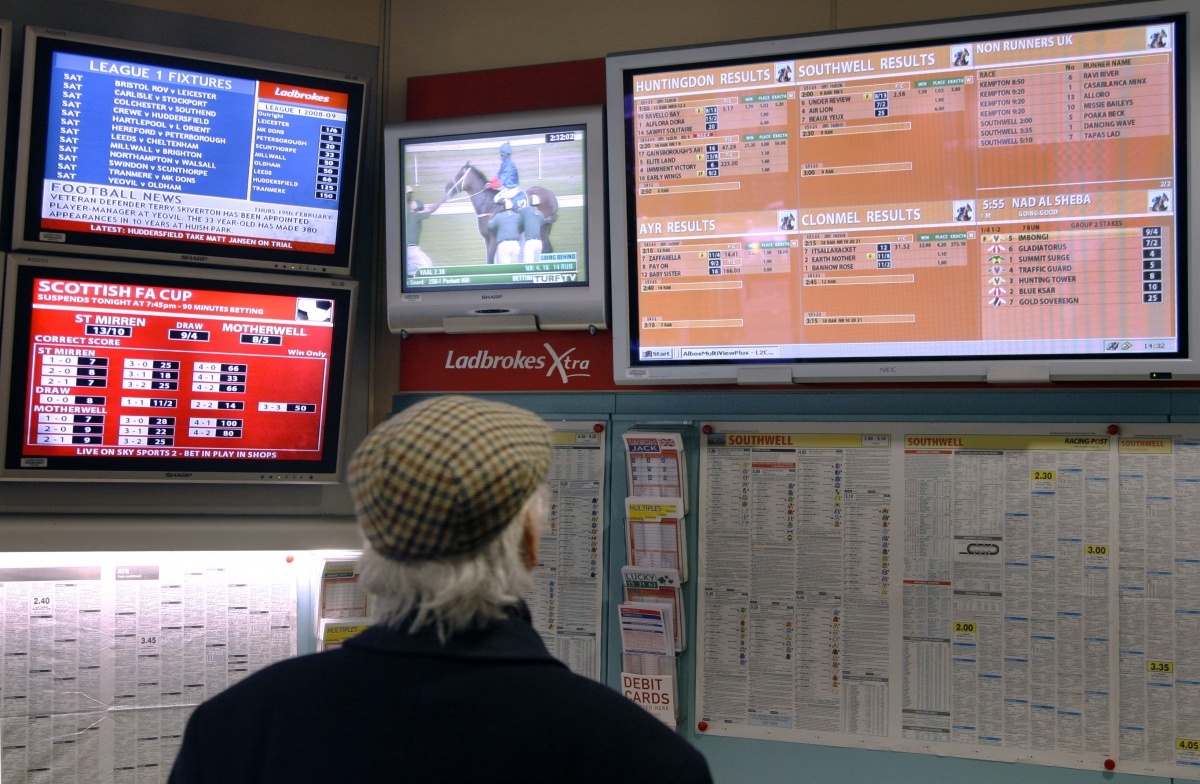Picture this scenario, courtesy of the Great Britain Gambling Commission and its proposed “affordability checks†on sports and race bettors.

You save your betting money for the Royal Ascot meet in June. The meet arrives and you wager £100 each-way on the second favorite in the Group 1 Queen Anne Stakes – Royal Ascot’s second race. Your horse fails to fire, finishing a well-beaten fifth. You’re down £200.
And your bad day at the races is about to get worse. Much worse. Before the call to the post for the next race – the Group 2 Ribblesdale Stakes – your betting account is frozen until you can show financial proof you can afford to lose more money. Suddenly, your Royal Ascot meet is over – just like your beaten horse.
Seeking a solution for problem gambling, the Great Britain Gambling Commission – the governing body for betting in the UK – proposed affordability checks. These are designed to be similar to a stop-loss order in the stock market. Once a bettor reaches a specific loss threshold, automatic triggers kick in preventing any more bets until the punter provides information proving they can afford to lose more.
Those thresholds can be as small as £100.
Do You Want to Open Your Books to the Books?
To validate an account, bettors would be required to provide financial data, such as proof of income, savings, inheritance money, investments, and any other income streams. Bookmakers can also go through a third party to verify irregular income patterns, such as a home sale, business sale, or stock sale.
“Gambling companies also look at appropriate deposit or loss thresholds based on your income. This is helped by using open source data and Office of National Statistics publications to help them assess affordability and improve their risk assessments for customer interaction,†the Gambling Commission’s website reads.
According to the Gambling Commission website, these affordability checks come with the added byproduct of preventing money laundering. Casinos and racetracks are favorite avenues for criminals seeking a legitimate source for illegitimate income.
Affordability Checks Create Privacy Issues
That said, you can already see where this is going, starting with the privacy concerns. How many punters would be comfortable handing over their most sensitive financial information to a bookmaker or casino?
What about the Cheltenham portfolio builder? Between November and March wants to add lots of horses, often multiple runners per race, to try to be in a good position come Cheltenham week. It’s all deposits in the winter, no withdrawals until March. Will this become impossible?
— Nick Goff (@nickgoff79) December 8, 2020
According to a poll commissioned by Entain, the parent company of bookmakers Ladbrokes and Coral, 73% of respondents say they are reluctant to share their financial data. The same poll of 1,500 people throughout the UK revealed that 45% of regular gamblers would turn to unlicensed “black market†gambling sites if the government implements affordability checks.
Even taking the poll’s source – a UK gaming monolith – into account, the privacy invasion is clear.
How Would Affordability Checks Affect Tracks? Not Well
Second, the impact on the racing industry could be dire. Arena Racing Company CEO Martin Cruddace said last weekend the British racing industry faces losses upward of £100 million. He based this on estimates that 60% to 70% of horseplayers would simply give up race wagering.
Even if you go by a more conservative estimate, one provided by the British Horseracing Authority, the industry stares at a £60 million pitfall.
That’s from the loss of handle and reduced levy payments, along with media rights payments. Track officials wrote letters to British MPs representing tracks in their districts warning about tracks closing and the subsequent financial impact.
What about the person who wants to hedge against something they don’t want to happen? They thought Corbyn winning the election would see their tax bill go through the roof for five years and want 5k on him winning in case it happens, but the rules limit them to a fraction of this
— Nick Goff (@nickgoff79) December 8, 2020
The Gambling Commission says it understands the unintended consequences caused by affordability checks. Punters can provide their thoughts on how affordability checks impact them through Feb. 9 by clicking here.









